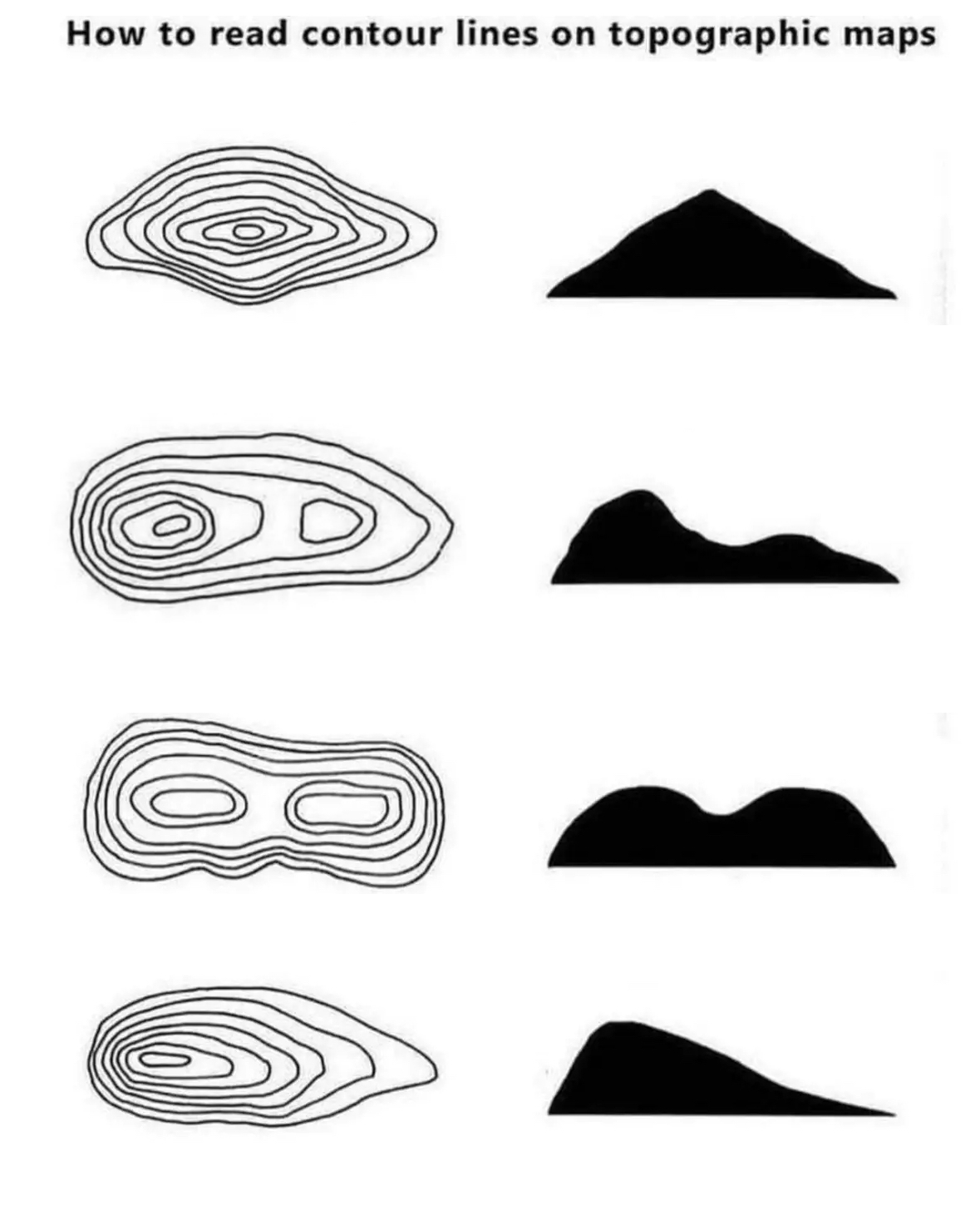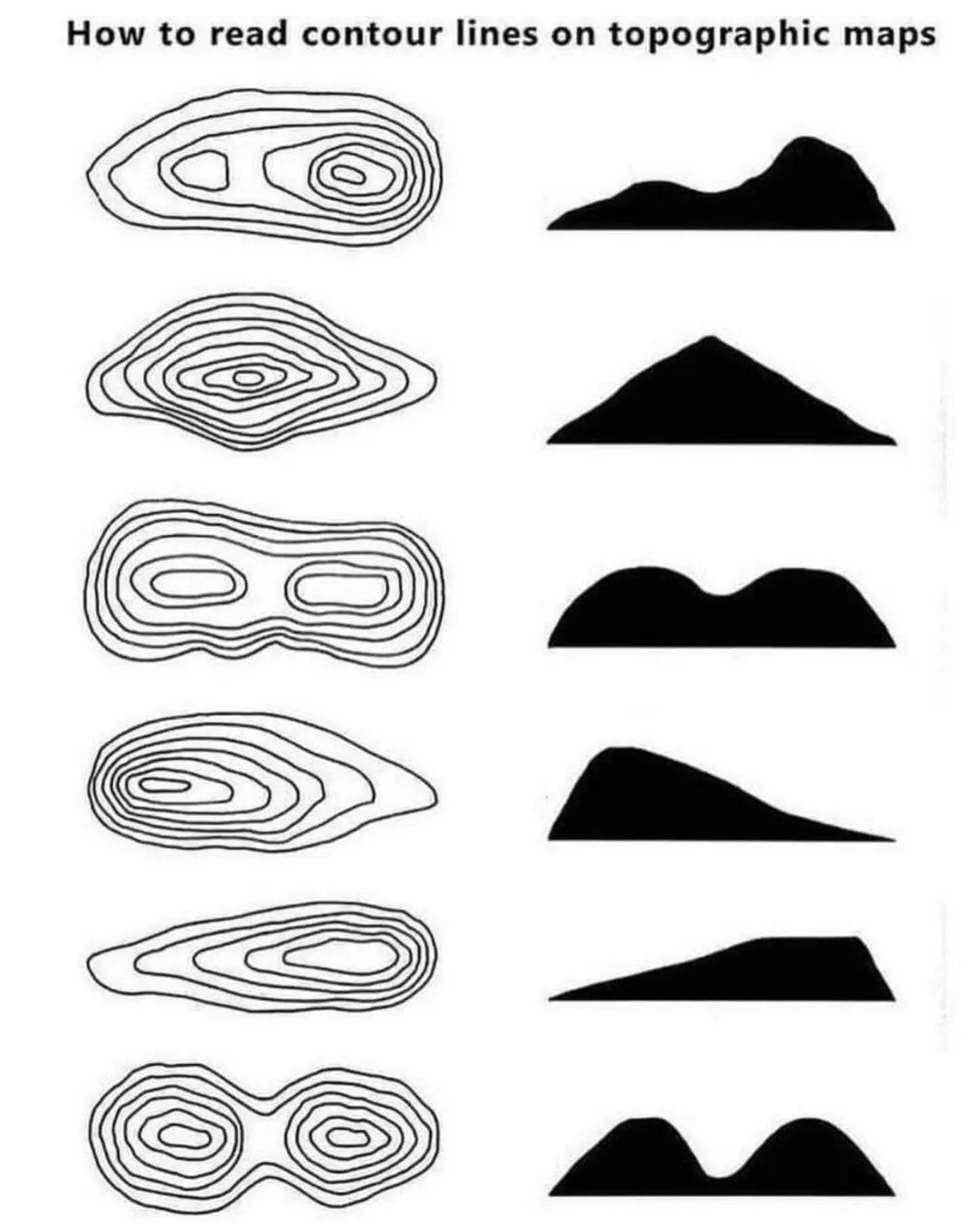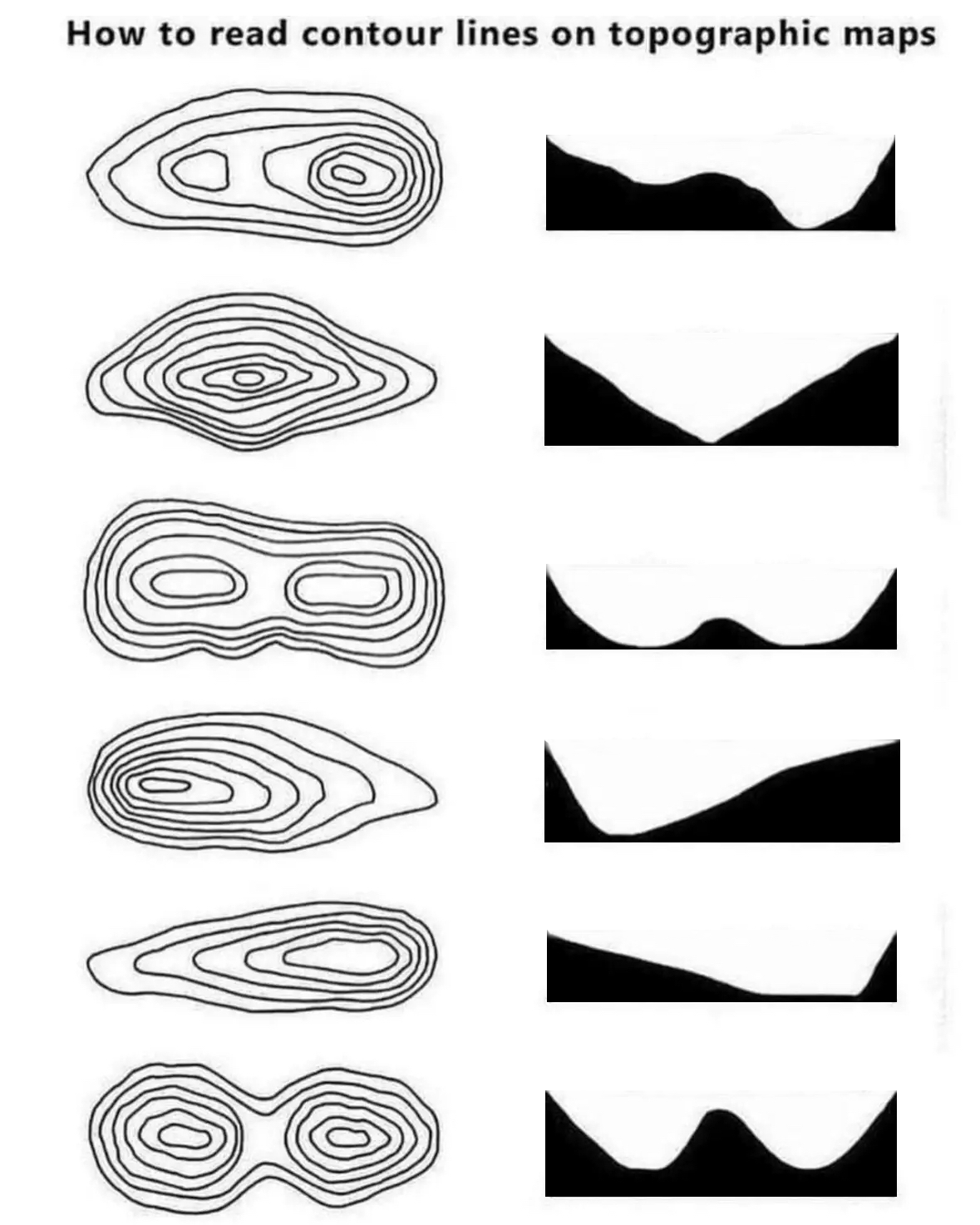Everything reminds me of her
Cool Guides
Rules for Posting Guides on Our Community
1. Defining a Guide Guides are comprehensive reference materials, how-tos, or comparison tables. A guide must be well-organized both in content and layout. Information should be easily accessible without unnecessary navigation. Guides can include flowcharts, step-by-step instructions, or visual references that compare different elements side by side.
2. Infographic Guidelines Infographics are permitted if they are educational and informative. They should aim to convey complex information visually and clearly. However, infographics that primarily serve as visual essays without structured guidance will be subject to removal.
3. Grey Area Moderators may use discretion when deciding to remove posts. If in doubt, message us or use downvotes for content you find inappropriate.
4. Source Attribution If you know the original source of a guide, share it in the comments to credit the creators.
5. Diverse Content To keep our community engaging, avoid saturating the feed with similar topics. Excessive posts on a single topic may be moderated to maintain diversity.
6. Verify in Comments Always check the comments for additional insights or corrections. Moderators rely on community expertise for accuracy.
Community Guidelines
-
Direct Image Links Only Only direct links to .png, .jpg, and .jpeg image formats are permitted.
-
Educational Infographics Only Infographics must aim to educate and inform with structured content. Purely narrative or non-informative infographics may be removed.
-
Serious Guides Only Nonserious or comedy-based guides will be removed.
-
No Harmful Content Guides promoting dangerous or harmful activities/materials will be removed. This includes content intended to cause harm to others.
By following these rules, we can maintain a diverse and informative community. If you have any questions or concerns, feel free to reach out to the moderators. Thank you for contributing responsibly!
Giggity giggity!
I always found these very intuitive, but I don't know if that's just due to having an analytical mind, or just learning this stuff early. Do people struggle to understand topographic maps?
I think your analytical mind got "typographic" and "topographic" mixed up...
Ah, was it a typo or topo that got autocorrected? We'll never know (fixed, ta).
usually topografic maps are a bit more complex so I feel like this guide is useless
It gives a basic idea, but I think something like Cities:Skylines where you can create maps using a height map and then get the topography lines in a 3d space where you can actively shift the camera around to see them overlaid from any angle would probably help people grasp the idea.
Having said that, I'm now imagining drone footage overlaid with the height maps as an additional resource to standard topographical maps. Would be neat if somebody could create software that could calculate and overlay the height maps in real-time using the drone's altimeter or something.
In the Land Nav portion of PLDC (US Army training for becoming a Sergeant - is called something else now) there were soooooo many people that failed out/had to do it over again, that I was super worried when I did it. Seemed pretty damn easy to me. 🤷
Except all of the hills could be valleys, you need to see the numbers on the contours
If it were a local depression instead of a hill, the lines would be hatch-marked on the side pointing into to depression.
Do you have an example, I either never have seen this or never had a depression on a map
You want an example of local depression just swing by my place anytime
heyoooo!
Ah, awesome. i appreciate you taking the time to put this together. I dont recall these on maps, but as you said numbers are common. And i typically use the topomap with shading, so shading helps with understanding the terrain
Page 2 under contours: https://pubs.usgs.gov/gip/TopographicMapSymbols/topomapsymbols.pdf
That’s interesting, ordinance survey (in the UK) don’t do that, so it isn’t a universal standard
In the UK, you have to notice that the heights are reducing
I was expecting boobs for the last one. They’re almost there too.
Yeah, very confusing to see an image like this that isn't a smart-ass meme.
Nature's boobs
The Grand Tetons are named after boobs (grands tétons is roughly "big tits" in French)
I’ve always been curious about topographical maps that involve curved or hanging terrain and whether there’s a way to denote the existence of an area beneath. That’s obviously going to be irrelevant 99.9% of the time, but grade school curiosity rarely fades completely.
The rare overhang distinct enough to be captured in topography is i dicated by a brown dotted line in usgs maps
TIL!
Those all look vaguely sexual to me.
My brother in Rorschach, you are not alone.
Hey, 111000 is the one who keeps showing us all the sexy pictures!
Tell you what, if this ever comes up in a psychological evaluation I'm fucked...
"Tell me, what do you see here?"
"A damn fine rack is what"
I made an improved condensed version of this that still gets the point across

Also it helps to look at water on the map. Water always runs downhill. Runs combine to form creeks, creeks combine to form rivers, rivers pour into oceans and lakes. Water gets bigger on its way downhill. The dead end is a spring, it flows downhill from there
Boobs
For the second one, do you need that many rings? Would using less still be correct?
Depends on the rest of the map. These are usually set up so the rings mean a certain consistent difference in elevation, say 1ft of 10ft. You don't normally change the spacing partway through the map. If the intervals were 10ft and this was a 20ft peak then you'd obviously have fewer rings than if the intervals were 1ft.
The rings are elevation placements. Less would be "correct in that they'd still signify elevations, it's just less detailed.
For example, the widest ring might be an elevation of 2470ft while the smallest ring might be 2570ft. If there are no rings in between, it's still correct, you're just not getting very detailed. You could easily be looking at a perfect sloap on all sides, like a smooth cone. But place 9 rings in between at 10ft more of elevation each, you've got a much more detailed idea of how a mountain or hill is shaped.
So, correct, but not very useful.
Utility may be subjective, but sloap perfection is forever.
This is pretty helpful for something like Zelda for me

